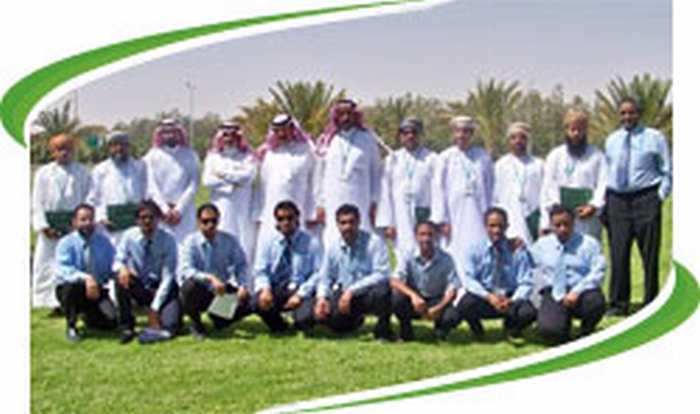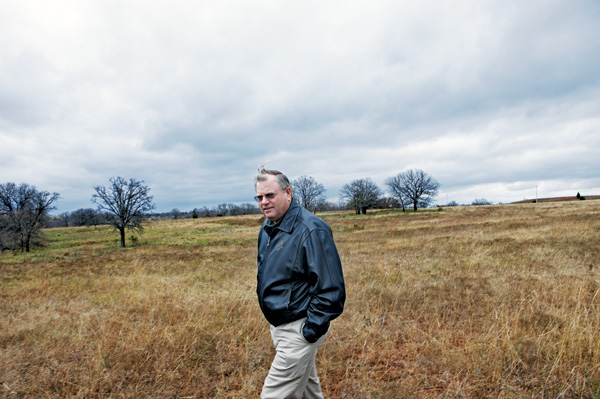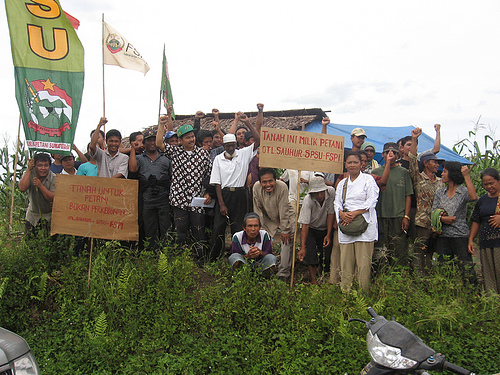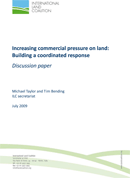Arabian sheik to invest in Sarangani
- Manila Times
- 26 November 2009
Tadco has visited the Kalumbarak Skyline Village in Malungon town, Philippines, with the intention of putting up a multimillion dollar worth agricultural investment.

Tadco has visited the Kalumbarak Skyline Village in Malungon town, Philippines, with the intention of putting up a multimillion dollar worth agricultural investment.

Belarus has fertile land for agriculture and Hassad Food is evaluating different features in such markets like ease of laws

"It's very, very cheap, it's incredibly fertile, and it hasn't been overexploited. And if you take in some expertise and some machinery and some fertilizer, you should make a lot of money," says investment guru Jim Rogers of Africa's farmlands

Agribusiness and global investors are scooping up farmland. Are corporate farmers the new colonialists? asks BusinessWeek

A delegation from the Bahrain Chamber of Commerce will be in Manila on Friday and Saturday for a briefing on potential food production investment sites in the Philippines.

Henry Saragih, Ketua Umum Serikat Petani Indonesia (SPI) menyesalkan langkah yang diambil pemerintah untuk mendongkrak produksi padi nasional melalui program food estate. Pengembangan food estate justru bertentangan dengan upaya pemerintah mendorong ekonomi kerakyatan, khususnya ekonomi kaum tani.

The food estate program will shift the character of Indonesian agriculture from family farming to corporate based food and agriculture production and weaken national food sovereignty.

Pension funds are seeking out agricultural and commodity-related assets that offer diversification from traditional asset classes and superior returns to listed equities.

In response to increased commercial interest in West African land, the Sahel and West Africa Club (SWAC/OECD) is leading a regional dialogue with key stakeholders in Bamako on 9 December 2009

"Al Shariqi said that while the government does not have foreign agricultural investments, some UAE sheikhs personally own land in Pakistan, Egypt, Australia and New Zealand," reports the US mission in Abu Dhabi

Sources close to Al-Amoudi said that the king has shown an interest in seeing other Saudi companies involved in rice farming after seeing the samples presented by Al-Amoudi

At a two-day conference near the Moroccan capital Rabat, local officials sought to convince Gulf investors that heavy bureaucracy and complex land ownership rules, long seen as decisive obstacles, are a thing of the past.